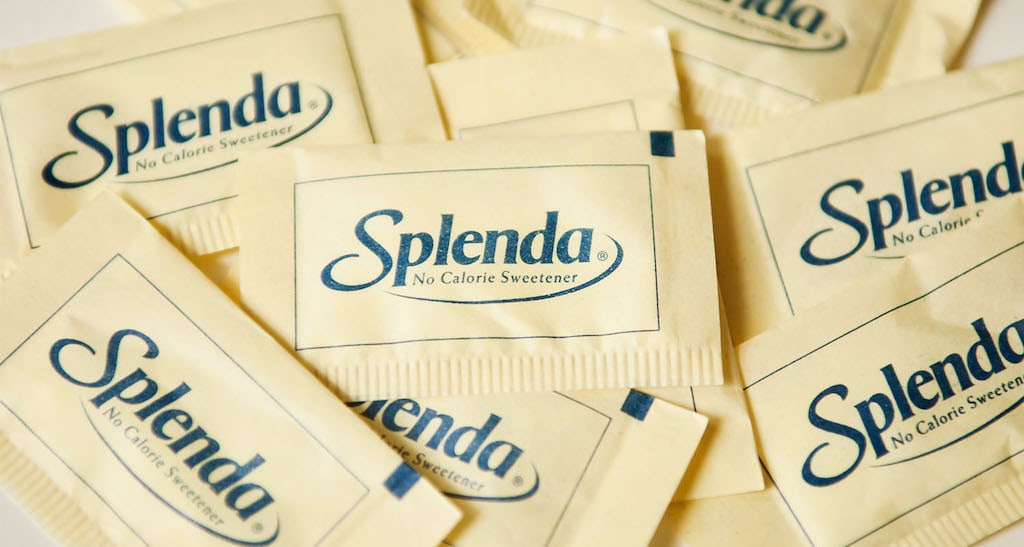Advertising of Bad Sweeteners on Products
Manufacturers do not readily admit that artificial sweeteners exist in their products. Instead, they cleverly omit these sweeteners from their labels, particularly from the nutrition fact list, since they do not necessarily stand for sugars. However, alternative sweeteners still appear on the ingredient list through their chemical names, which consumers can find challenging to determine whether they are healthy or not. Without a doubt, most consumers prefer openness in product advertising. It is especially crucial to highlight the presence of possibly unsafe artificial sweeteners, such as sucralose and corn syrup.

Sucralose is a calorie-free sugar derivative with significantly higher levels of sweetness compared to sugar. It is common in many everyday products, such as yogurt; however, it can cause several problems to human health. First, it can destabilize good bacteria in the body, leading to inflammation and, thus, digestive issues. Second, it can elevate insulin and blood sugar levels, triggering obesity, resistance to insulin, Type 2 diabetes, and hypertension.
Corn syrup, which is high in fructose, leads to liver problems and reduces sensitivity to insulin. Fructose contains a low glycemic index, yet, the liver is the only organ in the body that can break it down. Therefore, it causes the liver to be fatty as it significantly raises its fat content, which is responsible for developing fatty liver disease and metabolic syndrome. On the other hand, reduced sensitivity to insulin can lead to Type 2 diabetes. Additionally, fructose consumed in high quantities can lead to a leaky gut, causing Type 2 diabetes, inflammation, and extra weight gain.
Consumers need to be aware of such information to make informed choices, which begins with the proper and transparent labeling of products by manufacturers regarding the presence of artificial sweeteners. As evident, some of them have potentially deadly consequences.
References
Cleveland Clinic. (2020, December 1). Avoid the Hidden Dangers of High Fructose Corn Syrup. Cleveland Clinic.
https://health.clevelandclinic.org/avoid-the-hidden-dangers-of-high-fructose-corn-syrup-video/
Cleveland Clinic. (2021, January 12). Is Sucralose (Splenda) Bad for You? Cleveland Clinic. https://health.clevelandclinic.org/is-sucralose-splenda-bad-for-you/
Devenyns, J. (2020, July 2). Consumers want more labeling requirements for sweeteners, research shows. Food Dive. https://www.fooddive.com/news/consumers-want-more-labeling-requirements-for-sweeteners-research-shows/580780/
Ginos, A. (2023, April 14). Are Artificial Sweeteners Bad for You? A Registered Dietitian Explains. ACTIVE.com. https://www.active.com/nutrition/articles/are-artificial-sweeteners-bad-for-you
Wood, T. (2021, August 30). Both Sucrose and High Fructose Corn Syrup Linked to Increased Health Risks. UC Davis. https://www.ucdavis.edu/health/news/both-sucrose-and-high-fructose-corn-syrup-linked-increased-health-risks


